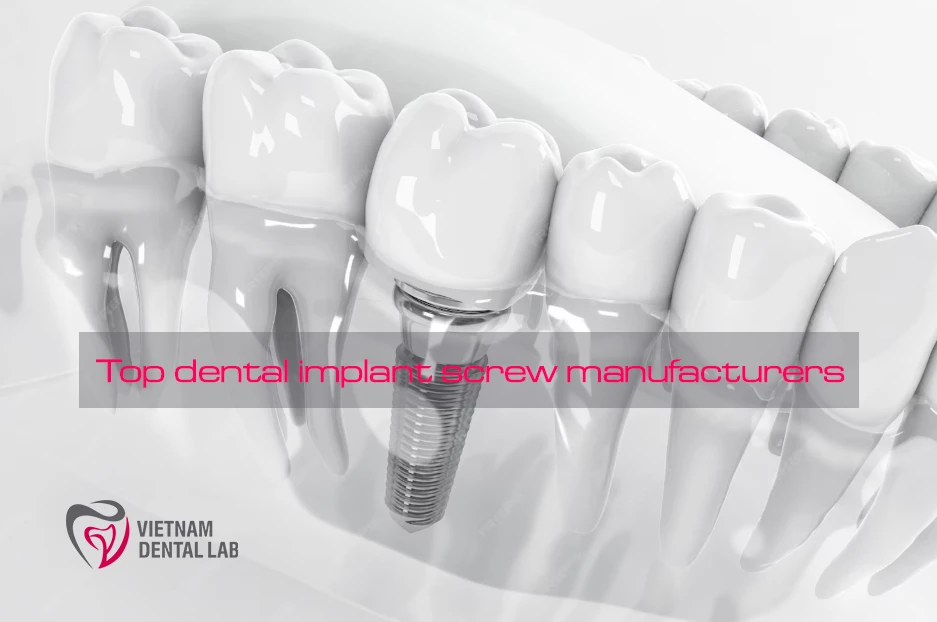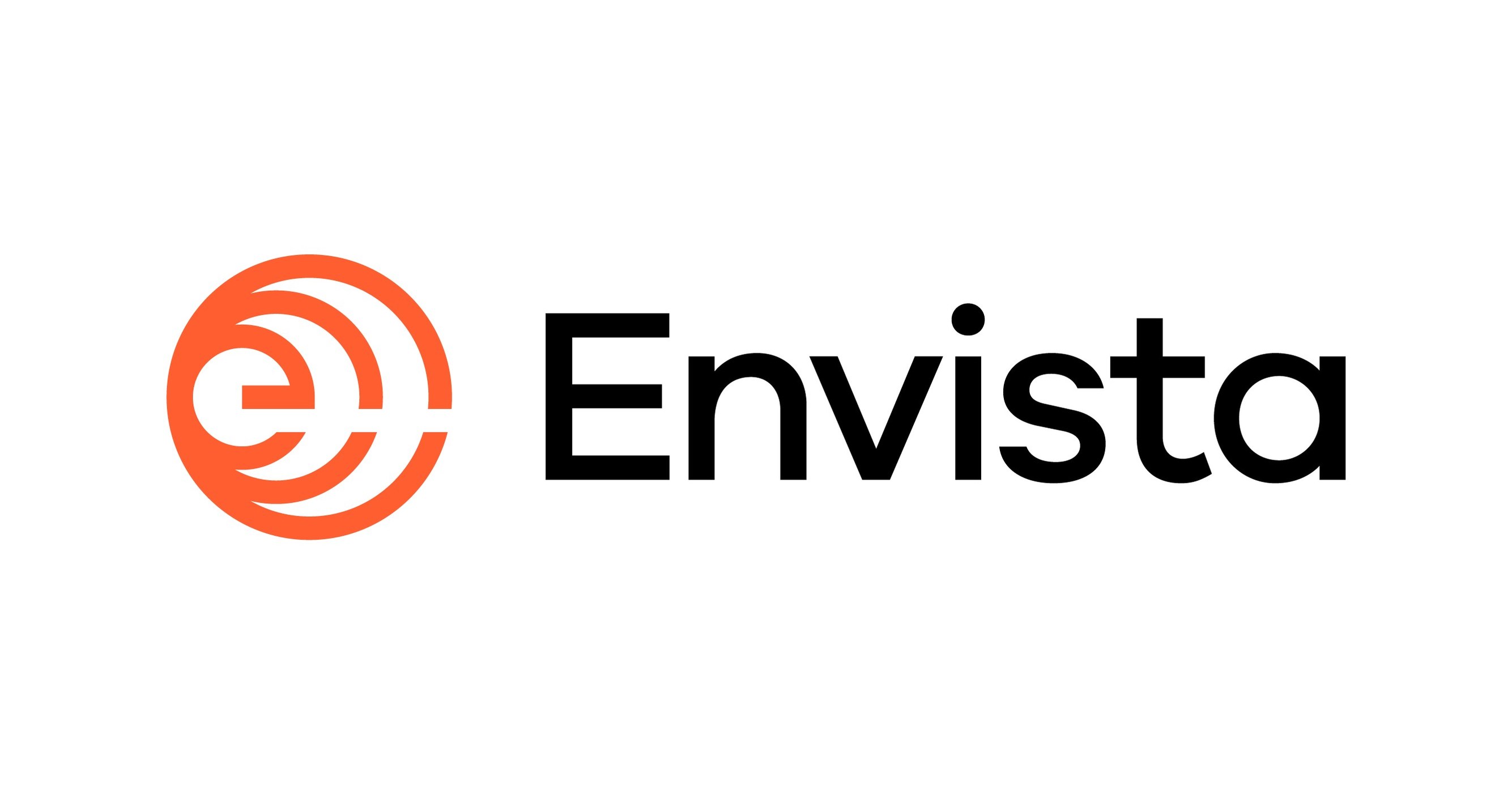The dental implant is a modern marvel of biomedical engineering—a small titanium screw that can permanently replace a missing tooth root. But behind every successful implant lies a manufacturer, a company dedicated to precision engineering, materials science, and extensive clinical research. For both clinicians and patients, the choice of a dental implant screw manufacturer is a critical decision that can influence the long-term success, safety, and aesthetic outcome of the treatment.

The global dental implant market is vast and competitive, with hundreds of manufacturers. However, a select few have risen to the top, setting the industry standard through relentless innovation and a proven track record of clinical success.
This in-depth guide will explore the landscape of dental implant screw manufacturers, breaking down what differentiates them, profiling the titans of the industry, and explaining what patients and dentists should consider when evaluating a brand.
View more: Implant Digital Dental Design Services
Understanding the Landscape: What Differentiates Implant Manufacturers?
Not all implant screws are created equal. While most are made from biocompatible titanium, the leading companies invest hundreds of millions of dollars in research and development to gain a competitive edge. Here are the key factors that separate a premium manufacturer from the rest.
1. Research & Development (R&D)
Top-tier manufacturers build their reputation on a foundation of scientific evidence. They conduct and fund extensive, long-term clinical studies (often spanning 10+ years) to validate the performance and longevity of their products. This commitment to R&D ensures predictable outcomes for dentists and peace of mind for patients.
2. Materials and Biocompatibility
While most implants use commercially pure Grade 4 titanium, leading companies have developed proprietary alloys to enhance strength and performance.
- Titanium Alloys (Grade 5): An alloy of titanium with aluminum and vanadium (Ti-6Al-4V) is significantly stronger, allowing for the creation of smaller-diameter implants for use in tight spaces without sacrificing durability.
- Proprietary Alloys: Straumann’s Roxolid® (a titanium-zirconium alloy) is a prime example, boasting higher tensile and fatigue strength than pure titanium, enabling more conservative treatment options.
- Zirconia Implants: For patients seeking a metal-free alternative, some leading manufacturers offer ceramic implants made from high-performance zirconia, known for its excellent aesthetics and biocompatibility.
3. Surface Technology
This is one of the most significant areas of innovation. The surface of an implant screw isn’t smooth; it’s treated to be microscopically rough. This topography encourages faster and more robust bone growth, a process known as osseointegration. Each major manufacturer has its own patented surface technology:
- Straumann’s SLActive®: A hydrophilic (water-attracting) surface designed to accelerate the bone healing cascade, proven to reduce healing times from 6-8 weeks to just 3-4 weeks in many cases.
- Nobel Biocare’s TiUnite®: A moderately rough, oxidized surface that has been clinically documented for nearly two decades to promote stable and long-lasting osseointegration.
- Astra Tech’s OsseoSpeed™: A fluoride-modified surface that stimulates early bone formation.
4. Precision of the Implant-Abutment Connection
The connection point between the implant screw and the abutment (the piece that connects the implant to the crown) is critical. A precise, gap-free connection minimizes micromovements and prevents bacteria from entering, which is vital for preventing long-term inflammation and bone loss. Premium brands are known for their sub-micron manufacturing tolerances.
5. Global Support and Education
Leading manufacturers don’t just sell screws; they provide a complete ecosystem. This includes comprehensive training and education programs for clinicians, responsive technical support, and the assurance that replacement parts (abutments, screws) will be available anywhere in the world for decades to come.
The Titans of the Industry: Tier 1 Premium Manufacturers
A few major conglomerates dominate the premium dental implant market. They are known for their extensive research, global presence, and comprehensive product portfolios.
1. The Straumann Group (Switzerland)
Widely regarded as the global market leader, the Straumann Group is synonymous with Swiss precision, quality, and innovation.
- Known For: Unparalleled commitment to research, premium product quality, and a reputation as the “gold standard” in implantology.
- Key Innovations: The Roxolid® material alloy and the SLActive® hydrophilic surface. Their Bone Level Tapered (BLT) implant is one of the most popular and clinically documented implants in the world.
- Brand Portfolio: In addition to its flagship Straumann brand, the group owns several other highly successful brands, including Neodent (a leading value brand), Anthogyr, and Medentika.
2. Envista Holdings (Danaher Corporation, USA)
Envista is a massive dental conglomerate that owns some of the most historically significant and innovative brands in the industry.

- Known For: Pioneering many of the foundational concepts in modern implantology.
- Key Brands:
- Nobel Biocare: The direct descendant of the company founded by implant pioneer Per-Ingvar Brånemark. They commercialized the first modern dental implant system and developed the revolutionary All-on-4® treatment concept for full-arch rehabilitation. Their TiUnite® surface is backed by decades of clinical data.
- Implant Direct: A major player in the value segment, focusing on a direct-to-clinician sales model.
3. Dentsply Sirona (USA/Germany)
A global dental powerhouse formed by the merger of Dentsply and Sirona, this company is a leader in dental technology and digital workflows.

- Known For: Seamless integration between their implants and their digital dentistry ecosystem, including CEREC® CAD/CAM technology.
- Key Brands:
- Astra Tech Implant System™: Renowned for its unique Conical Seal Design™ connection and OsseoSpeed™ surface, both designed for long-term bone preservation.
- Ankylos® and Xive®: Two other highly respected German-engineered implant systems.
4. Zimmer Biomet Dental (USA)
With deep roots in the orthopedic industry, Zimmer Biomet brings extensive knowledge of bone biology and biocompatible materials to the dental field.

- Known For: Unique material technologies and implant designs that cater to challenging clinical situations.
- Key Innovations: The Tapered Screw-Vent® implant is a classic and widely used design. Their standout innovation is the Trabecular Metal™ Dental Implant, which features a porous mid-section that mimics the structure of cancellous bone, designed for enhanced stability and bone in-growth.
The Value-Driven Market: High-Quality, Accessible Systems
Not every case requires a premium-priced implant system. The “value” segment is a fast-growing market comprised of manufacturers that offer high-quality, reliable implants at a more accessible price point. They often achieve this by spending less on marketing and R&D, instead focusing on proven designs and efficient manufacturing.
- Hiossen / Osstem Implant (South Korea): One of the largest implant manufacturers in the world by volume. They have a massive presence in Asia and have rapidly gained significant market share in the US and Europe by offering a robust product line that is both high-quality and cost-effective.
- Neodent (Brazil – A Straumann Group Company): A perfect example of a “value champion.” Acquired by Straumann, Neodent benefits from the parent company’s R&D and quality control while maintaining an affordable price, making it a dominant force in Latin America and other global markets.
How to Choose? Guidance for Dentists and Patients
For Clinicians
The choice of an implant system is a long-term commitment. Dentists consider factors like the system’s versatility, ease of use, quality of surgical instrumentation, local support and training, and the long-term reliability proven through clinical studies.
For Patients
It’s natural to be curious about the brand of implant being placed in your jaw. Here are some key points:
- Trust Your Dentist: Your clinician has chosen a system based on years of training, experience, and familiarity. They know which system works best in their hands for your specific clinical needs.
- Ask Questions: It is perfectly acceptable to ask, “What implant system do you use and why did you choose it?” A confident clinician will be happy to explain their choice.
- The Value of Data: The main advantage of premium brands like Straumann or Nobel Biocare is the sheer volume of long-term clinical data backing their products. This provides an extra layer of confidence in their longevity and performance.
Frequently Asked Questions (FAQ)
1. Does the brand of dental implant screw really matter?
Yes. While many systems can achieve initial success, the manufacturer matters for long-term reliability, precision engineering to prevent complications, and the availability of components should you need a new crown or abutment 10 or 15 years later.
2. Are more expensive implants better?
“Expensive” often correlates with a greater investment in research, technology, clinical documentation, and support. While this can lead to better long-term outcomes and more predictable results, well-established value brands also have excellent track records and can be a suitable choice for many patients.
3. What is the most common material for implant screws?
Titanium and titanium alloys (specifically Grade 4 or Grade 5) are by far the most common and well-documented materials due to their proven biocompatibility and strength.
4. Can I get an MRI with a titanium dental implant?
Yes. Titanium is not ferromagnetic, meaning it is not magnetic and is safe for patients undergoing an MRI scan.
A Market Driven by Precision and Trust
The world of dental implant screw manufacturers is a dynamic interplay of scientific innovation, precision engineering, and clinical trust. From the industry titans who pioneer new technologies to the value-driven brands making treatment more accessible, each company plays a role in restoring smiles and function to millions of patients worldwide.
Ultimately, the best outcomes are achieved when a skilled and experienced clinician partners with a reputable implant manufacturer whose products are backed by science, quality, and a commitment to long-term patient health.
